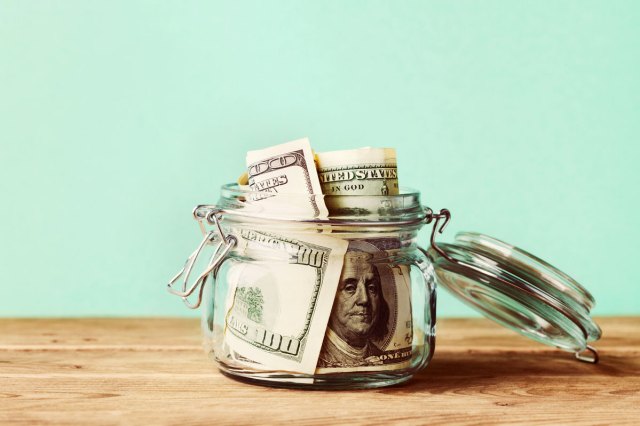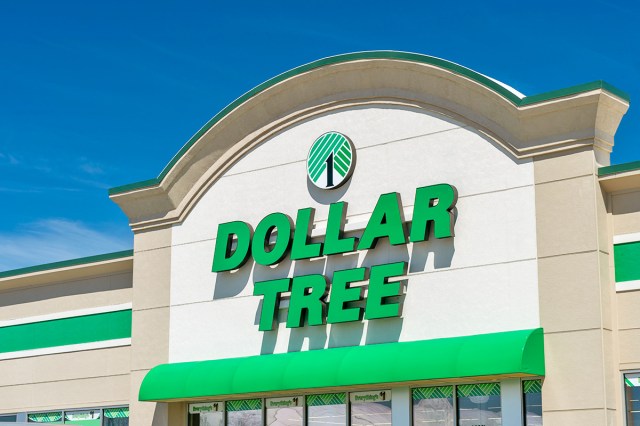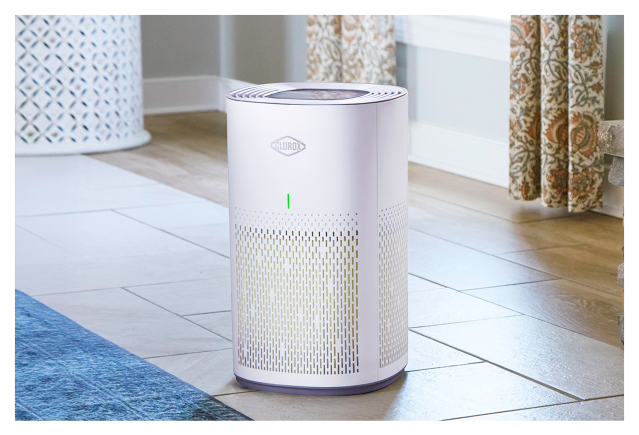There is no way to predict the future, but you can prepare for it. While there are many ways to plan for unexpected circumstances, keeping a stash of emergency cash is at the top of the list. Also known as “crisis cash,” this fund can help bail you out of many last-minute situations: discovering a plumber only takes cash, the power is out and you can’t access an ATM, and in extreme cases, you have to evacuate due to the weather. But how much emergency cash should you have at all times? Read on to find out.
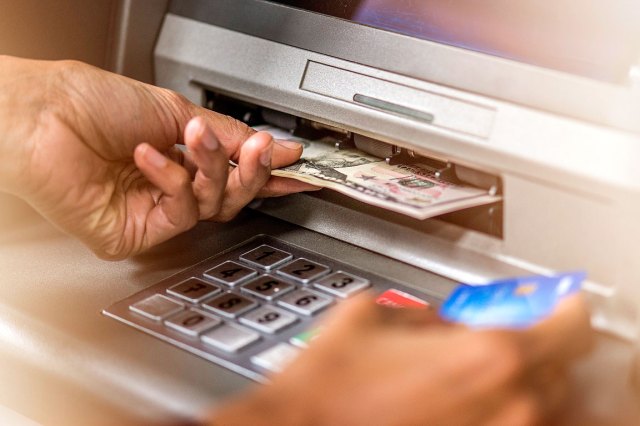
How Much Is Enough, but Not Too Much?
The amount of cash you should keep on hand will vary depending on your income, expenses, and other factors. Generally, it’s best to have between $200 and $1,000 in emergency cash at home. A few hundred dollars can help bail you out of many circumstances, such as paying for gas, food, or last-minute bills. However, it’s important to remember that physical cash depreciates in value. Cash cannot be adjusted up for inflation, meaning that a sizable emergency fund will decrease in value over an extended period of time. It’s best to keep just enough on hand.
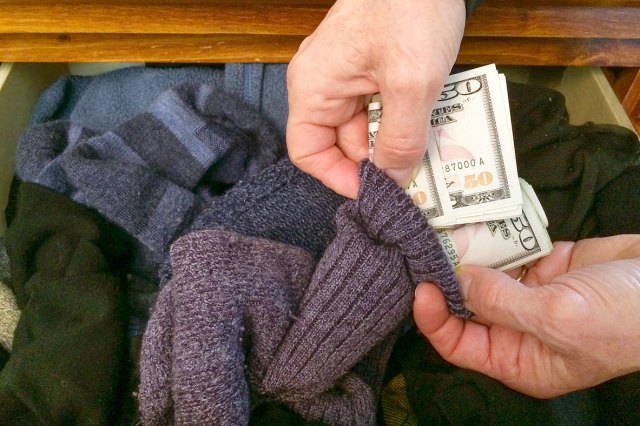
Keep Your Cash in Different Locations
The best place to put the bulk of your cash is in a locked, waterproof safe hidden somewhere in your home. It’s also good to have your emergency cash divided between other rooms in your home. The more you spread out the money, the easier it will also be to protect it from outside sources — and any guilty purchases you might be tempted to make.
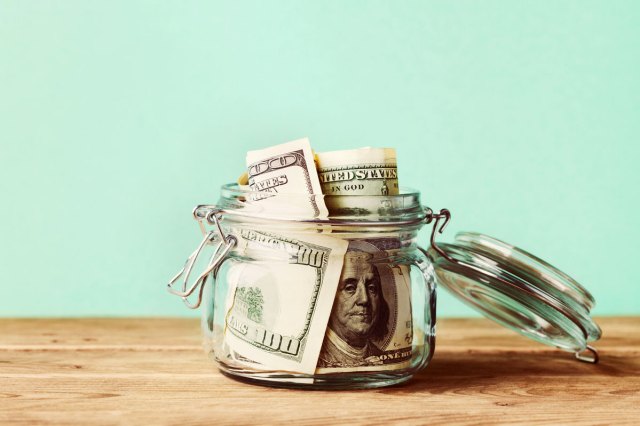
Emergency Cash Is Different Than Emergency Savings
While it is important to keep a few hundred bucks in cash available at all times, emergency cash is different from emergency savings, which are funds that are kept in a bank for situations such as a major house or car repair or the loss of a job. Experts suggest having three to six months’ worth of essential expenses in an emergency savings account with a high interest rate so that money can appreciate over time.
Featured Image Credit: Julia_Sudnitskaya/ iStock
More From Our Network
Better Report is part of Optimism, which publishes content that uplifts, informs, and inspires.
